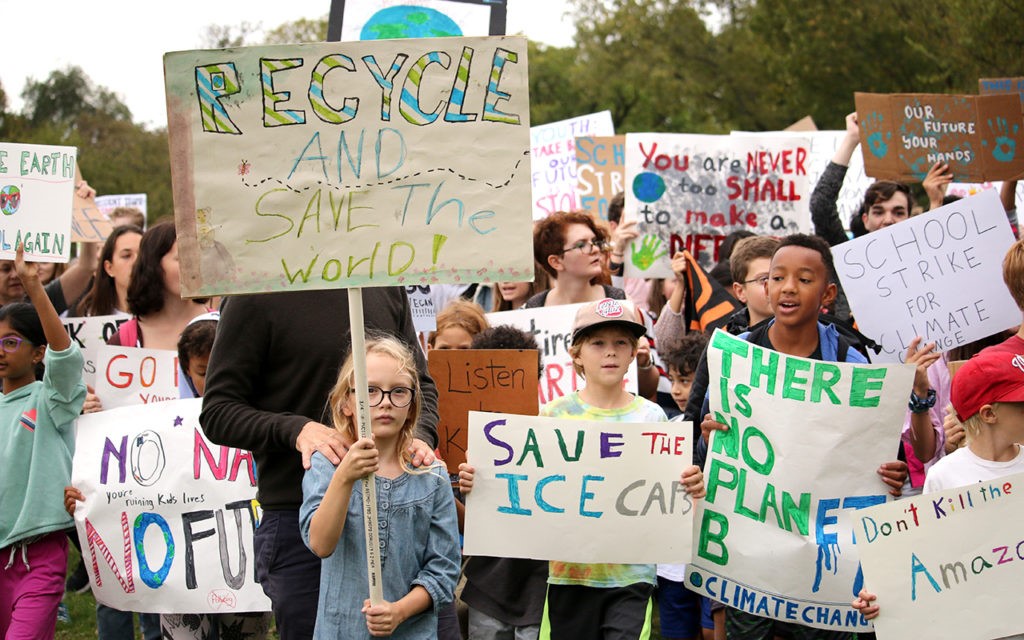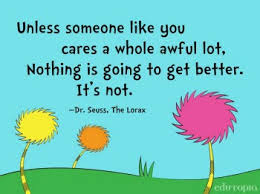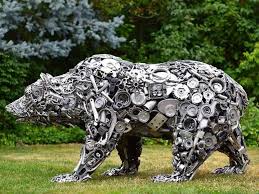EARTH DAY 2020

The first Earth Day took place fifty years ago on April 22nd, 1970, launching a wave of action, including the passage of landmark environmental laws in the United States, including: The Clean Air Act, The Clean Water and Endangered Species Acts, and the creation of the Environmental Protection Agency (EPA). It mobilized millions of Americans for the protection of the planet. On that day, 20 million Americans, that's 10% of the population of the United states at that time, took to the streets, college campuses, and hundreds of cities to protest environmental ignorance and demand a new way forward for our planet.
Internationally, Earth Day continues to hold major significance when in 2016 the United Nations chose Earth Day as the day when the historic Paris Agreement on climate change was signed into force.
Thanks to heroic actions around the world during this global pandemic, we will overcome and recover from the Coronavirus. Life will return to a new normal, but we must not allow the return to business as usual because our planet, our future, depends on it.

The theme for Earth Day 2020 is climate action, because climate change represents the biggest challenge to the future of humanity and the life-support systems that make our world habitable.
There is so much we can all do. The world needs all of us, all our actions to help protect and restore our planet, making every day Earth Day.

Despite decades of environmental progress, we still find ourselves facing a tipping point of global environmental challenges, from plastic pollution, biodiversity, air, soil, and water pollution, and rising seas.
No matter where you are, you can make a difference, building a new generation of environmental activists, right from your home while social distancing and protecting your community. Here are a few ideas where you can exercise your responsibility to act for the environment.
For Earth Day's 50th anniversary, use these ideas to inspire meaningful actions, actions that can and should be turned into habits that last beyond April 22nd, for we must remember that Every Day Is Earth Day!
Plastic Pollution - Plastics have become a huge part of our daily lives, but you can make a difference by changing what you buy and how you get rid of plastics. Walk around your home and count how many plastic containers, bags, and bottles are in your kitchen and bathroom. Research more sustainable packaging for the next time you order online or grocery shop. When you order takeout from a restaurant, ask them to skip the plastic utensils. Every little bit helps.
Food and Climate - Learn about the impacts of your food choices and research cooking recipes that are plant-based alternatives. Live stream a plant-based cooking class, or how to preserve through canning, pickling, drying, and freezing to enjoy fruits and vegetables year-round to minimize your food waste. If you are able, volunteer or donate to assist local food pantries in your community. We can fight climate change with the change in our diets.
Artists in the Environment - Art is a powerful tool to communicate messages, trigger emotions, and inspire action. Perhaps you can create an art project that will inspire people to realize the climate challenges we are all facing. Some suggestions: Gather nature items from outside like pinecones and leaves, acorns or pressed spring flowers and design an art project out of them. What animals can you create out of the things you find? Perhaps you could draw or sketch or paint a picture of what a sustainable future might look like to you. Writing a creative story about what that world might look like to you can add another dimension to your picture.You might repurpose materials from around your home, making new items like jewelry or plant holders. The sky is the limit!



Protecting Our Species - Watch an environmental documentary and research ways to protect endangered animals in their natural habitats, or research what pollinators are native to your area and what plants they rely on. Perhaps you could design a pollinator garden this spring for your yard. It's never too late to learn about the impacts of biodiversity loss and how to help mitigate its negative impacts.



